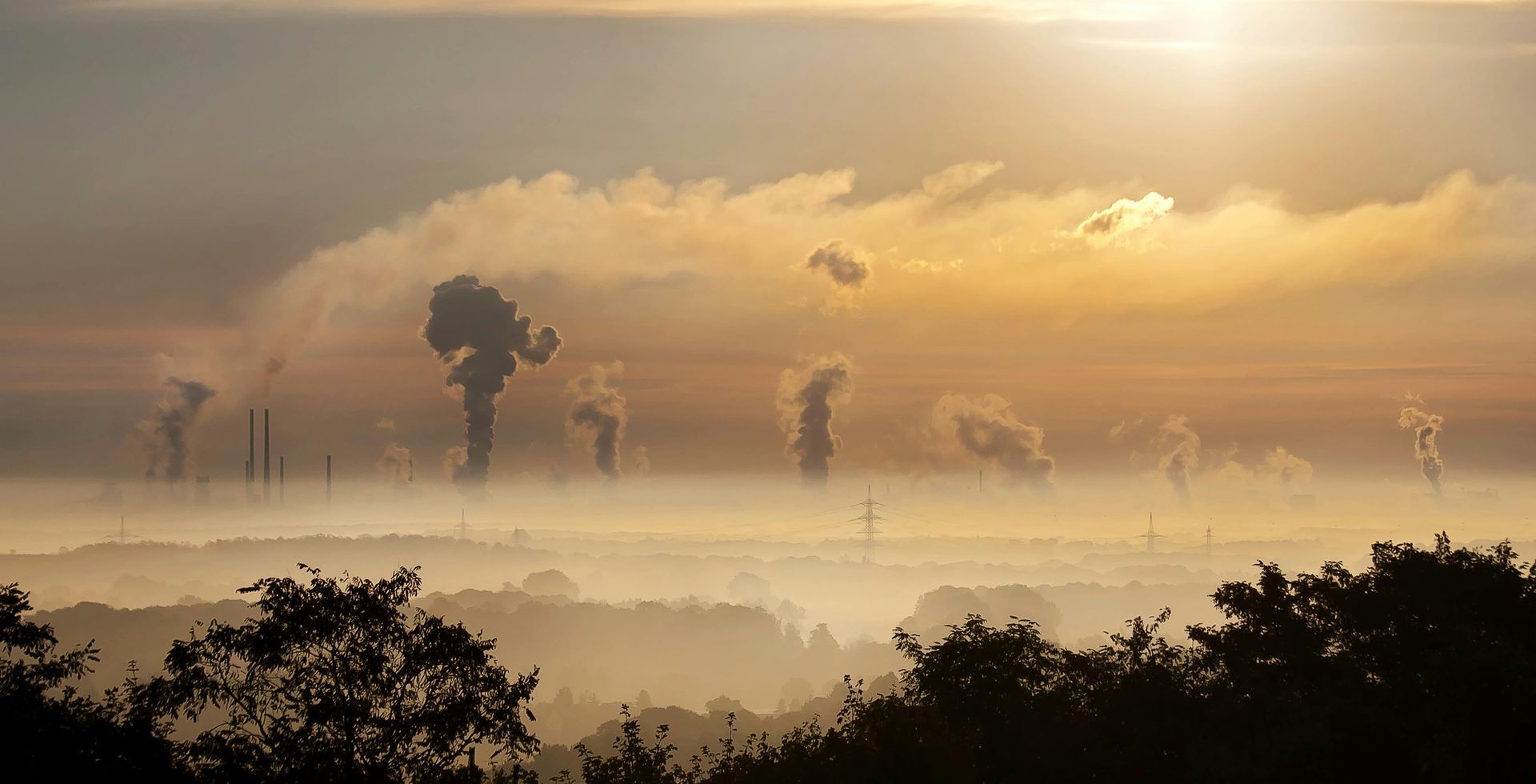DC Circuit rejects stay request, paving way for EPA to implement power plant carbon rule
The National Rural Electric Cooperative Association (NRECA), representing consumer-owned electric companies serving approximately 40 million customers, has taken legal action against a newly finalized power plant regulation by the Environmental Protection Agency (EPA). On Monday, the NRECA filed a petition with the U.S. Court of Appeals for the D.C. Circuit, seeking an immediate stay on the rule, citing concerns over potential "immense, immediate, and irreparable harms" to both customers and the nation's electric grid.
Joining the NRECA, a coalition of states also filed a motion on Monday to stay the rule. The contested regulation, finalized by the EPA in April, mandates that starting in 2032, baseload coal and gas power plants must limit their emissions to levels achievable through carbon capture and sequestration (CCS) technologies operating at 90% efficiency.
NRECA CEO Jim Matheson criticized the rule, arguing that it imposes unrealistic and financially burdensome requirements on power plants. "No power plant has ever achieved a 90% reduction in carbon emissions due to carbon capture sequestration," Matheson stated on Tuesday. He emphasized that the technology required to meet these standards has not yet been proven effective on a commercial scale.
Compliance with the EPA’s rule would necessitate significant financial investments from the affected facilities. The NRECA contends that the costs involved in upgrading plants to meet the 90% CCS efficiency target could run into billions of dollars, posing a substantial economic strain on the electric cooperatives and their customers.
The NRECA’s legal challenge underscores the broader debate over the feasibility and economic impact of stringent environmental regulations. As the case progresses, it will likely serve as a pivotal moment in the ongoing discourse surrounding the balance between environmental protection and economic sustainability in the energy sector.
Source: Utility Dive









